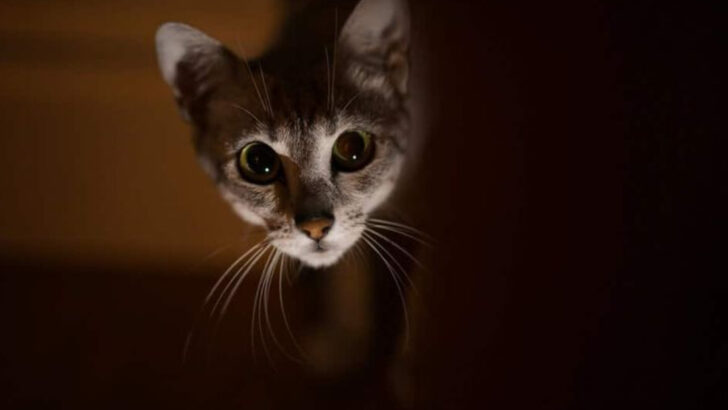Let’s be real—cats aren’t for everyone.
Some people melt at the sound of a purr. Others? They hear claws on furniture and feel their blood pressure spike.
Maybe you’ve tried to love them. Maybe one stared you down from a windowsill like you owed it money. Or maybe you just don’t enjoy being judged while eating a sandwich.
And that’s okay.
Liking cats isn’t a requirement for being a decent human being. In fact, there are plenty of perfectly valid, totally relatable reasons why cats just don’t do it for you.
These 14 reasons might hit a little too close to home—or finally help you admit what you’ve suspected all along.
You’re just not a cat person. And honestly? That’s fine.
Aloof Nature
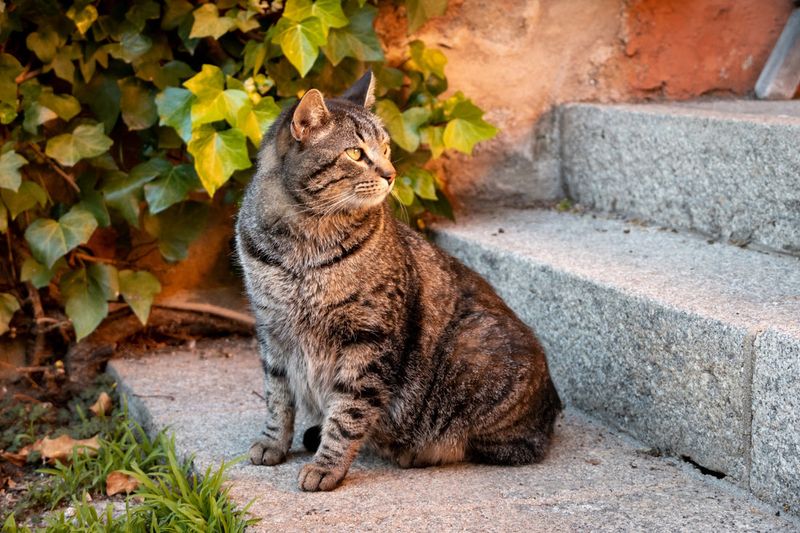
Cats are known for their aloof nature, often enjoying solitude over social interaction. Unlike dogs that enthusiastically greet you at the door, cats may choose to ignore you altogether.
This independence can be interpreted as indifference, leaving some pet owners feeling unappreciated. Despite their solitary demeanor, cats can form strong bonds, but it requires patience and understanding of their unique personalities.
If you’re seeking constant affection and attention from a pet, a cat might not be the right match for you. They march to the beat of their own drum, often leaving humans in the dust.
Allergy Concerns

For many, the simple presence of a cat can trigger sneezing fits, watery eyes, and other allergic reactions. Cat dander, which consists of tiny, even microscopic, flecks of skin shed by cats, is a common allergen.
If you’re prone to allergies, living with a cat may become a constant battle of managing symptoms. While hypoallergenic breeds exist, they are rare and may not eliminate the issue entirely.
Consider this if you’re sensitive to allergens. The love for a furry friend shouldn’t come at the cost of your comfort and well-being.
Scratching Habits
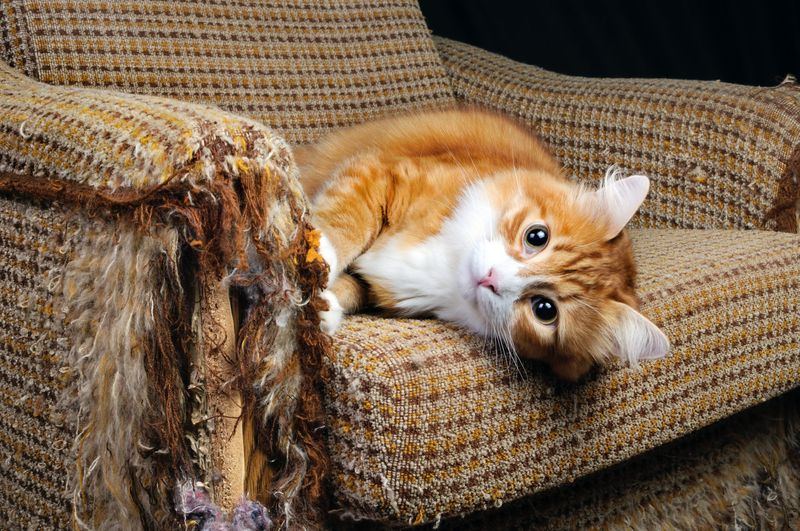
Cats have natural instincts to scratch objects, which helps them stretch, mark territory, and sharpen their claws. However, this behavior can wreak havoc on household furniture, leading to frustration for many cat owners.
Training a cat to use a scratching post is possible but requires consistency and patience. Despite their cute appearance, cats’ scratching habits can be a dealbreaker for those who cherish their home aesthetics.
If you’re not ready to see your furniture as a potential scratching post, it might be wise to reconsider having a cat.
Noisy Nights
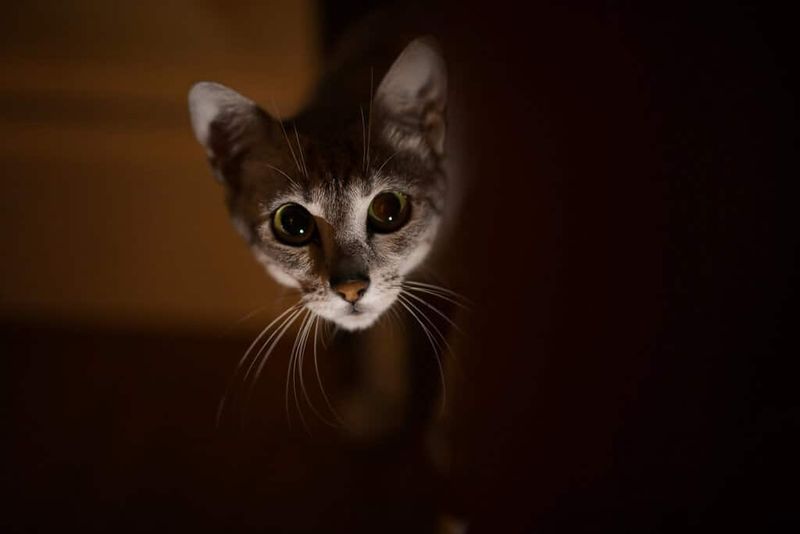
Cats are known for their nocturnal activities, often becoming most active during the night. This can lead to disrupted sleep for their human companions, as cats may meow, play, or even knock things over while you’re trying to rest.
This nocturnal nature is deeply ingrained in their DNA, harking back to their wild ancestors. If you value a good night’s sleep without interruptions, a cat’s nighttime antics might be a significant drawback.
Sleep is vital, and uninterrupted rest can be hard to come by in a feline-friendly household.
Litter Box Duty
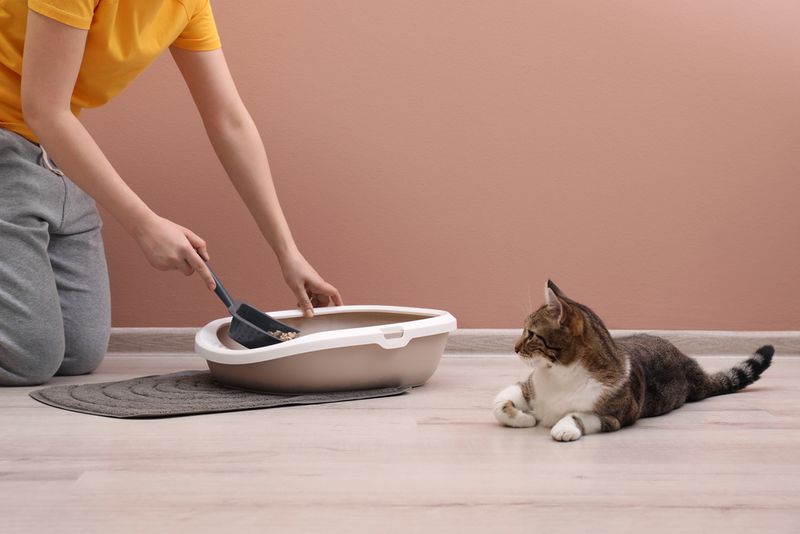
Owning a cat means taking on the responsibility of cleaning a litter box regularly. For some, this can be an unpleasant chore, especially if the box isn’t maintained frequently.
Proper litter box care is crucial for both the cat’s health and the household’s hygiene. While there are automated solutions, they may not suit all budgets.
Litter box duty is a non-negotiable aspect of cat ownership that requires commitment. If this task seems daunting or off-putting, it may be a sign that cat ownership isn’t for you.
Territorial Behavior
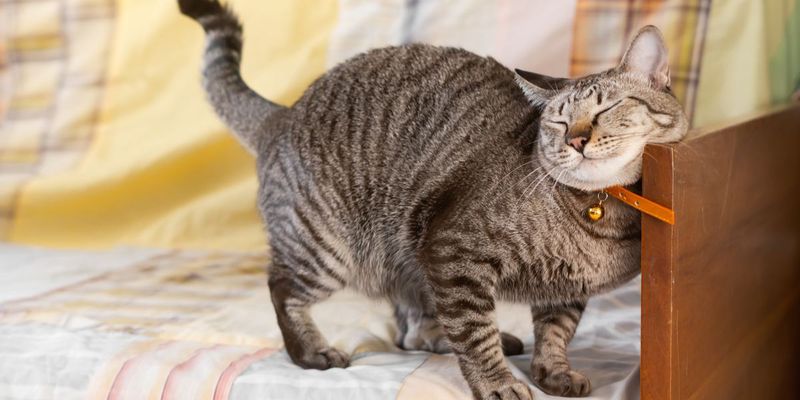
Cats can be fiercely territorial creatures, often marking their space with scent glands located on their face and paws. This behavior can lead to disputes if you have multiple pets, as cats may not take kindly to sharing their territory.
Introducing new animals into a household with a resident cat can be challenging and requires careful planning. If you have a bustling home with other pets, be prepared for potential territorial conflicts.
Understanding and managing these instincts is crucial for a harmonious multi-pet household.
Fussy Eaters
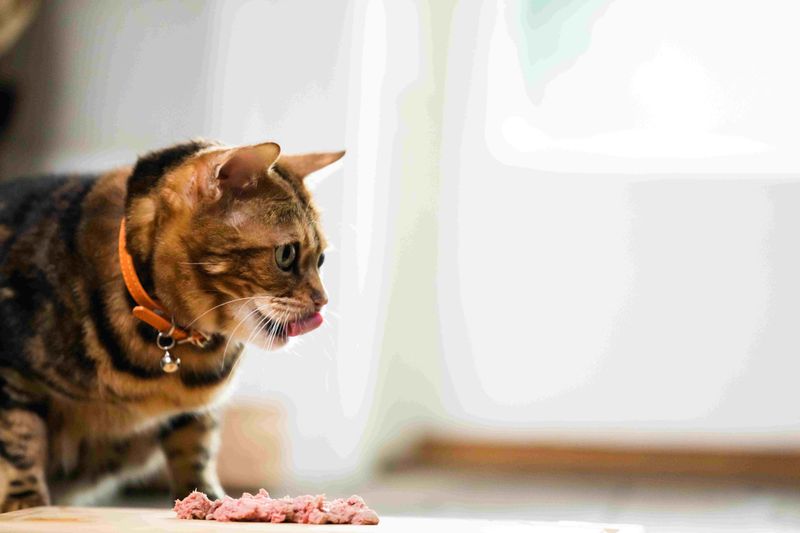
Cats are renowned for their discerning palates, often showing preference for specific foods and turning their noses up at anything less. This pickiness can be frustrating for pet owners, leading to wasted food and the need for constant menu adjustments.
Ensuring your cat gets the right nutrition becomes a balancing act of taste and health needs. If you’re not prepared for a culinary challenge, a finicky feline might test your patience.
Providing variety without compromising nutrition can be tricky, and it requires flexibility and creativity.
Cost of Care
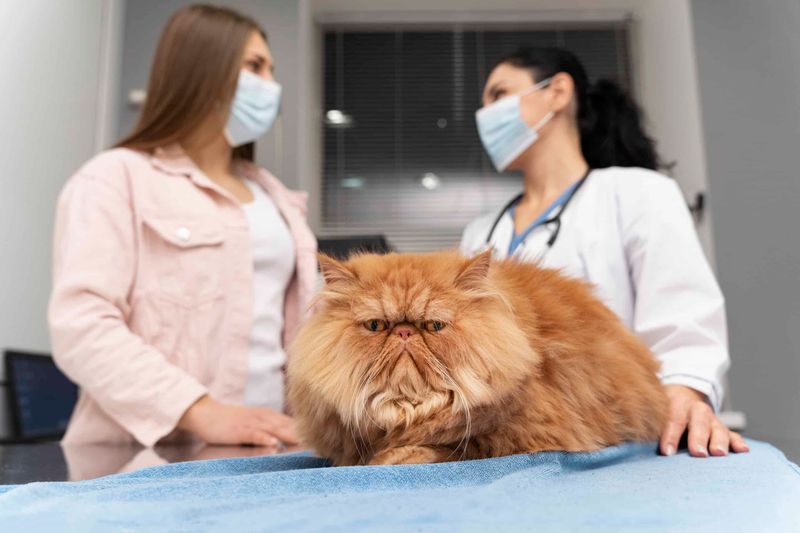
Owning a cat isn’t just about companionship; it’s a financial commitment. From regular vet visits and vaccinations to quality food and litter, the costs can add up quickly.
Cats, although smaller than some pets, don’t come cheap, and budgeting for their care is essential. Unexpected medical emergencies can also arise, leading to further expenses.
Consider this financial aspect carefully. If you’re unprepared for the ongoing costs, it might be wise to reconsider cat ownership.
Shedding Fur
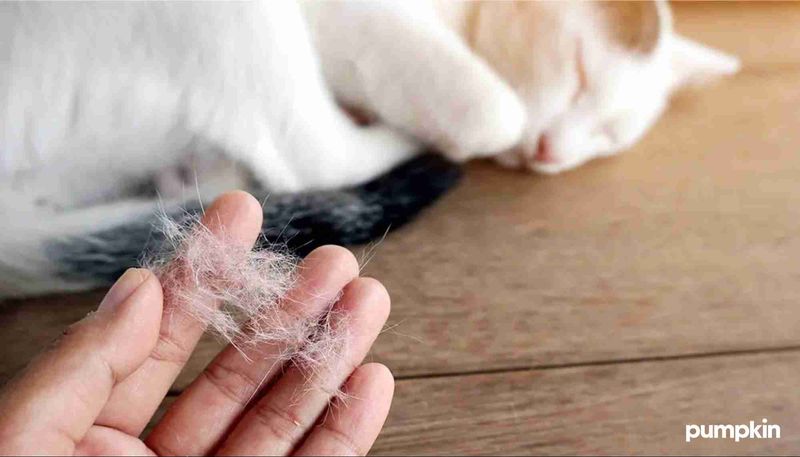
Cats are prolific shedders, and their fur can end up on furniture, clothes, and any nook and cranny within your home. Regular grooming can help manage shedding, but it doesn’t eliminate the problem entirely.
If you have allergies or prefer a tidy home, the constant battle with cat hair might prove overwhelming. Investing in lint rollers and vacuum cleaners becomes a necessity.
For those who value cleanliness and order, a shedding cat can be a significant drawback.
Lack of Obedience
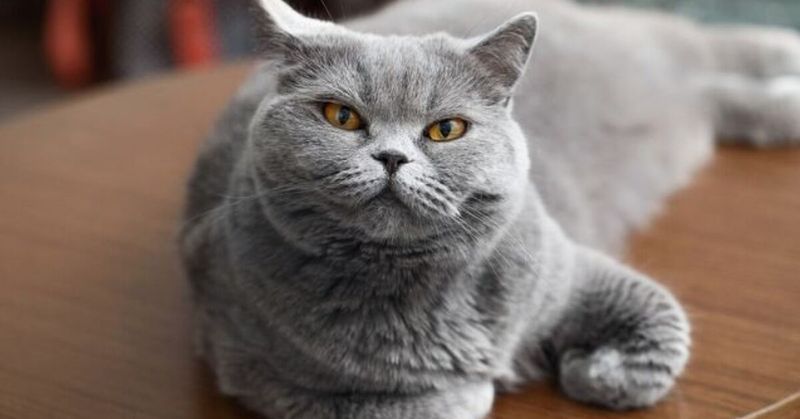
Cats are notorious for their independence and lack of obedience. Unlike dogs that can be trained to follow commands, cats often do as they please, making them less predictable companions.
This trait can be endearing to some but frustrating to others who seek more control and interaction with their pet. If you desire a pet that listens and responds to commands, a cat’s free-spirited nature might not align with your expectations.
Short Temper
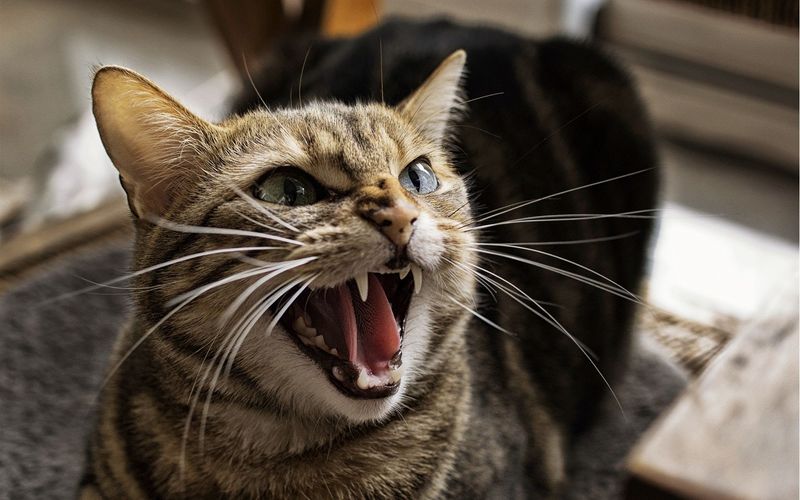
Cats can sometimes be unpredictable and temperamental, quick to show displeasure through hissing, scratching, or biting. This can be alarming for those unfamiliar with feline behavior, leading to misunderstandings and mistrust.
Understanding a cat’s body language is essential to avoid unwanted interactions, but their moodiness can still catch you off guard. If you’re seeking an easygoing companion, a cat’s fiery temperament might be off-putting.
Patience and respect for their space are key, but not everyone is up for the challenge.
Limited Interaction
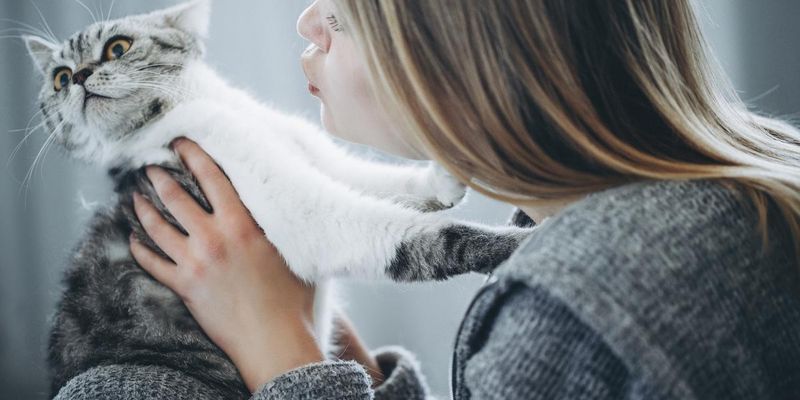
Cats are often seen lounging around, seemingly uninterested in human interaction. Unlike dogs that enjoy games of fetch or long walks, cats may prefer solo play or just relaxing by themselves.
While some cats are playful, many are content with minimal interaction, which can be disappointing for those looking for an engaging pet.
If you’re seeking a lively and interactive companion, a cat’s laid-back approach might fall short of your expectations.
Fear of Water
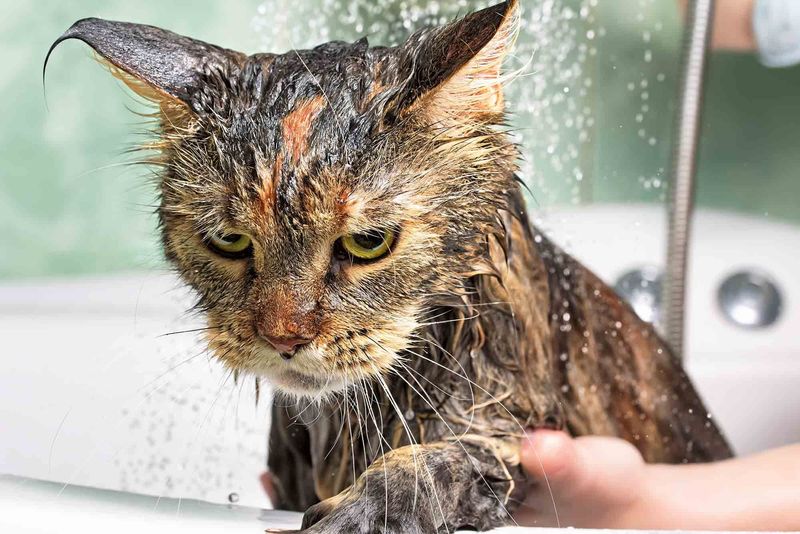
Cats, by nature, are not fond of water and often go to great lengths to avoid getting wet. This aversion means that bathing a cat can be a daunting task, often leading to stress for both the cat and the owner.
While some cats can be trained to tolerate water, it’s not typical, and grooming may require professional help. If you envision a pet that enjoys water activities or easy bath times, a cat’s hydrophobic tendencies might be disappointing.
Understanding their preferences is key to a harmonious relationship.
Mysterious Health Issues
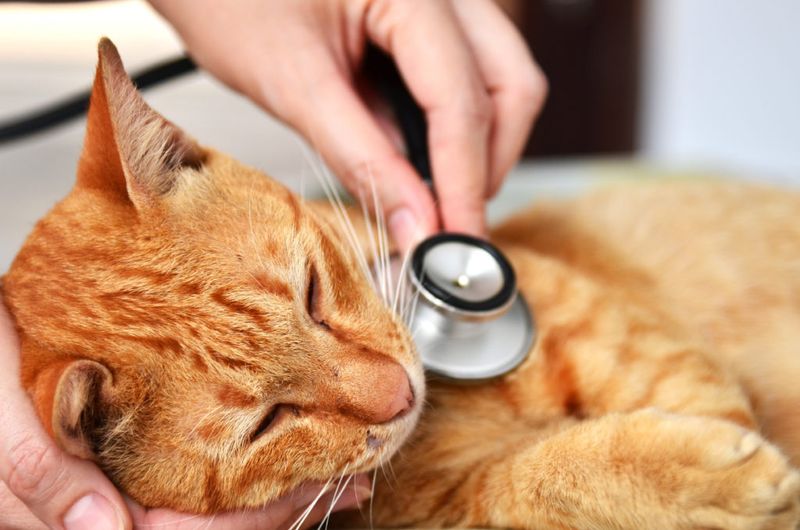
Cats are masters at hiding their illnesses, often showing no symptoms until a condition becomes serious. This can make it challenging for owners to detect and address health issues early, leading to sudden and unexpected trips to the vet.
Regular check-ups are essential, but they may not always reveal hidden problems. If you’re uneasy with the uncertainty of a pet’s health, this aspect of cat ownership could be distressing.
Vigilance and proactive care are necessary, but not everyone is comfortable with the uncertainty.

